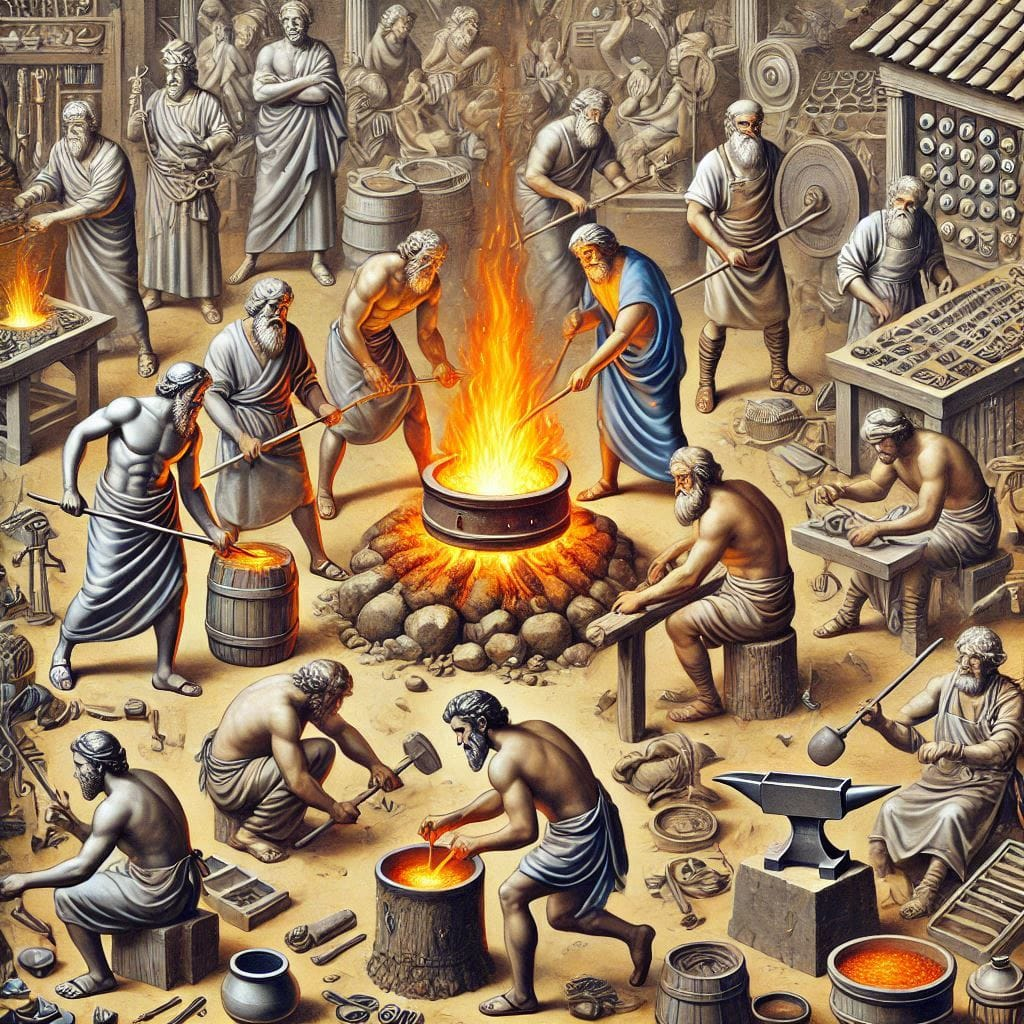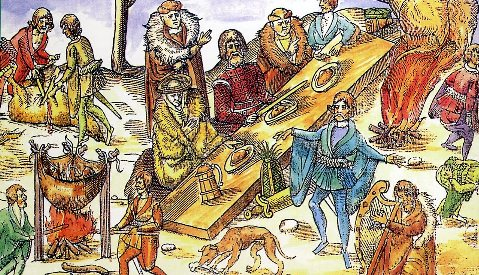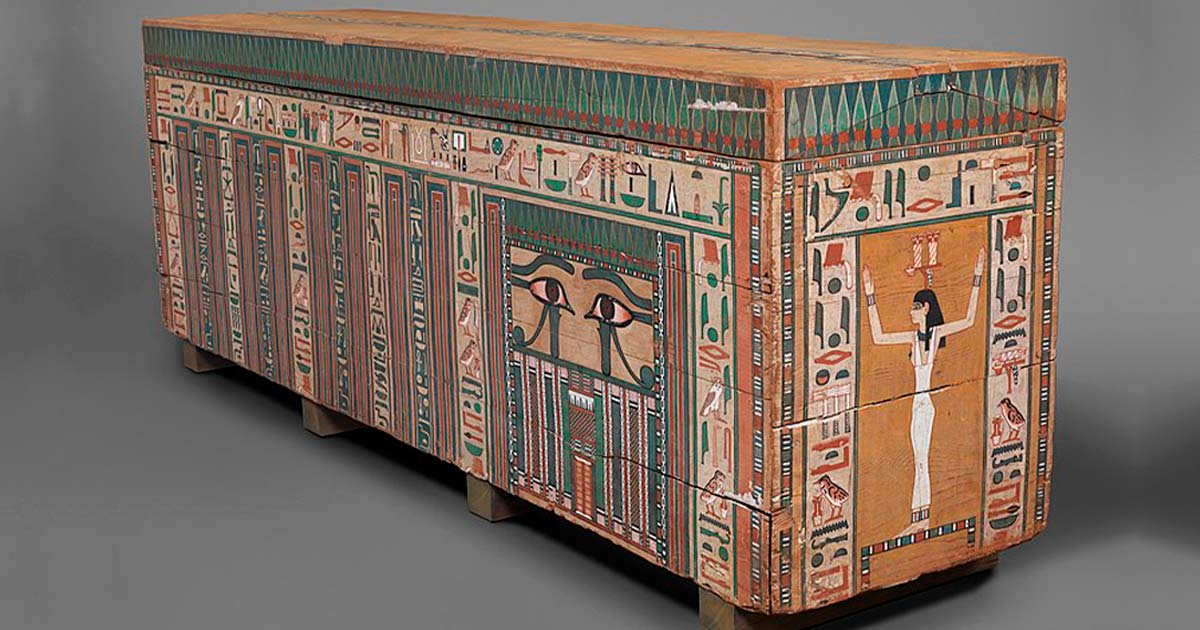A Journey Through the History of Jews
The history of the Jewish people is a remarkable journey spanning over three millennia, marked by both triumphs and tribulations. From their ancient roots in the land of Canaan to their dispersion across the globe, the Jewish people have played a significant role in shaping the course of history.
Let’s explore the history of Jews in five key periods, shedding light on their enduring faith, culture, and contributions to the world.
1. Ancient Israel: The Birth of a Nation (Before 586 BCE)
The story of the Jews begins in the ancient land of Canaan, where the patriarchs Abraham, Isaac, and Jacob laid the foundation for what would become the nation of Israel. Moses led the Israelites out of Egyptian slavery, and they received the Ten Commandments at Mount Sinai.
The conquest of Canaan followed, leading to the establishment of the kingdom of Israel under King David and the construction of the First Temple in Jerusalem by his son Solomon.
2. The Birth of Judaism (6th and 5th Centuries BCE)
The Babylonian exile in 586 BCE marked a pivotal moment in Jewish history. The destruction of the First Temple and the exile of many Jews to Babylon led to a period of reflection and spiritual development.
During this time, key religious texts, including the Torah and the Prophets, were written, shaping the foundations of Judaism. The return from exile and the rebuilding of the Second Temple in Jerusalem under Persian rule were significant events during this period.
3. The Emergence of Rabbinic Judaism (After 70 CE)
The destruction of the Second Temple in 70 CE by the Romans led to a profound transformation in Jewish religious practice. Without a central place of worship, rabbinic Judaism emerged, emphasizing the study of the Torah and the Talmud.
Synagogues became the focal point of Jewish communal life, and rabbis played a crucial role in interpreting Jewish law and tradition.
4. The Age of Rabbinic Scholarship and Diaspora (4th to Early 7th Centuries)
During this period, the Jewish population was dispersed throughout the Roman Empire and beyond, leading to the development of Jewish communities in various regions.
Jewish scholars such as Rabbi Akiva and Maimonides made significant contributions to Jewish thought and philosophy. Despite facing persecution and discrimination, Jews maintained their religious identity and cultural practices.
5. The Modern Era (After World War I)
The 20th century brought both triumphs and tragedies for the Jewish people. The establishment of the State of Israel in 1948 marked a historic moment, fulfilling the Zionist dream of a Jewish homeland.
However, this period also saw the horrors of the Holocaust, in which six million Jews were systematically murdered by Nazi Germany. Despite these challenges, Jewish communities have thrived in various parts of the world, contributing to fields such as science, the arts, and politics.
The history of the Jews is a testament to the resilience and enduring spirit of a people who have faced adversity throughout the centuries. From their ancient origins in the land of Canaan to the establishment of the State of Israel, the Jewish people have made remarkable contributions to the world in various fields.
Their enduring faith, culture, and traditions continue to be a source of inspiration and enrichment for both Jews and the global community.







